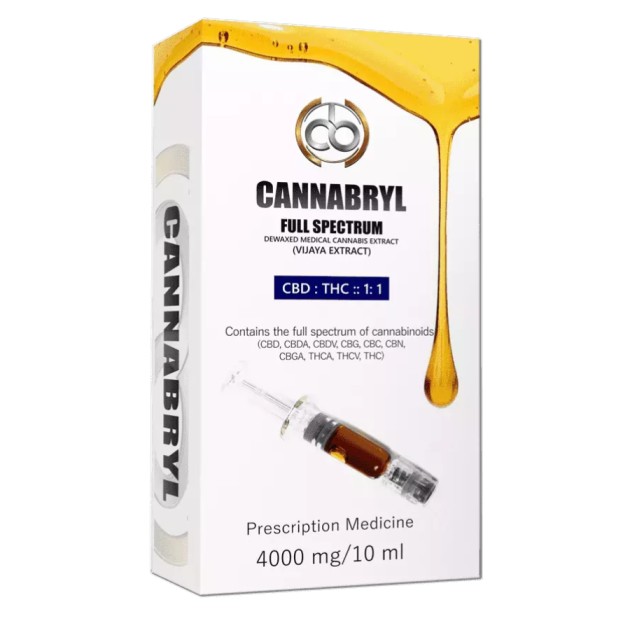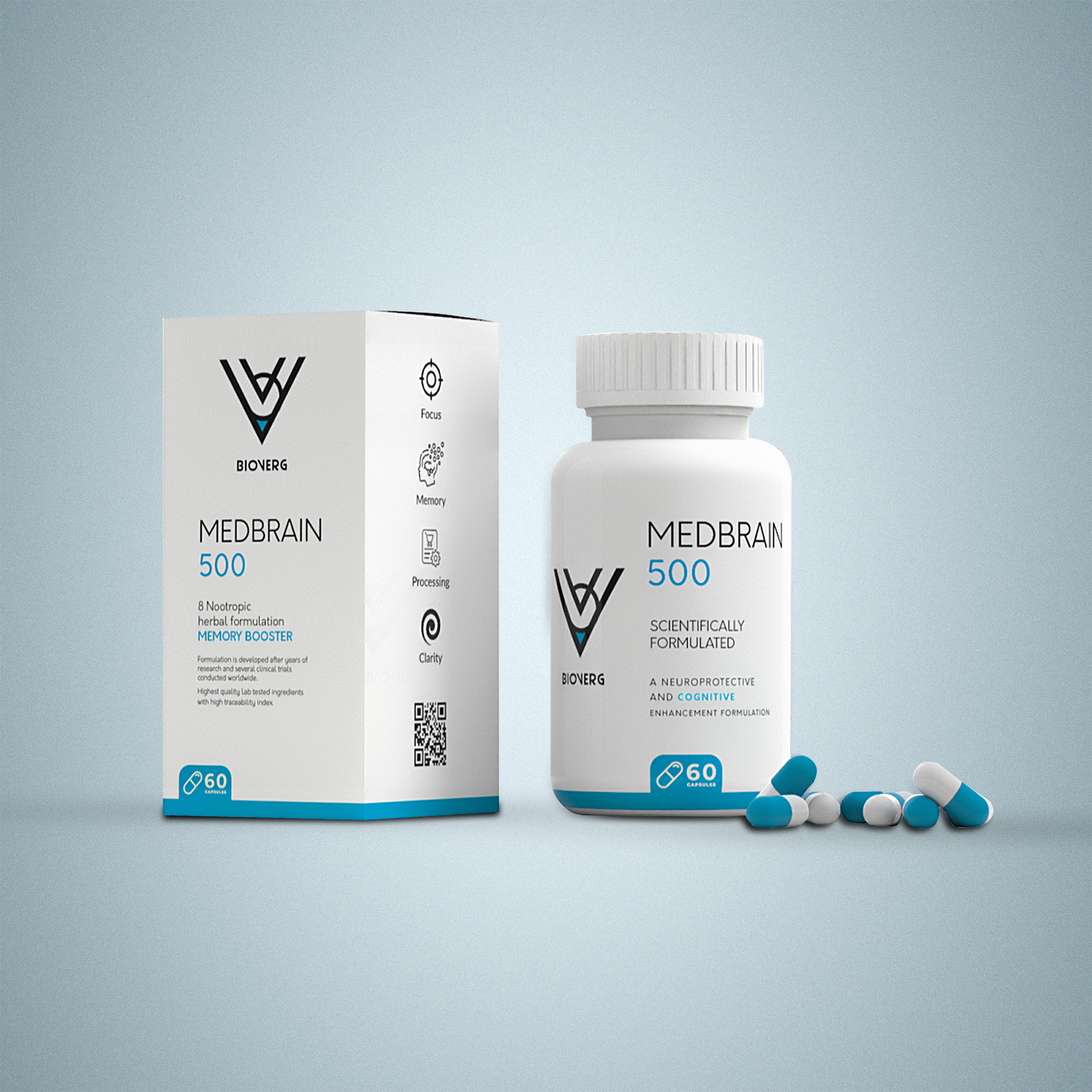- Headaches and migraines are characterized by throbbing or pulsating pain, often accompanied by other symptoms such as nausea, sensitivity to light or sound, and visual disturbances.
- Role of Cannabinoids: Some studies suggest that cannabinoids like THC and CBD may help reduce the frequency and intensity of headaches and migraines. THC's analgesic properties may help alleviate pain, while CBD's anti-inflammatory effects and ability to regulate neurotransmitter release may contribute to migraine relief.
Medical Cannabis Against Migraine
Migraines are often accompanied by other symptoms such as sensitivity to light and sound, nausea, and vomiting.
The endocannabinoid system, which is involved in regulating pain perception and inflammation, has been found to play a role in migraines. Studies have shown that levels of endocannabinoids, which are naturally occurring cannabinoids produced by the body, are altered during migraines, suggesting that targeting the endocannabinoid system may be a potential treatment option.
Cannabis contains compounds called cannabinoids, such as tetrahydrocannabinol (THC) and cannabidiol (CBD), which interact with the body's endocannabinoid system. THC is known for its psychoactive effects and may also help reduce pain by activating the body's CB1 receptors in the central nervous system. CBD, on the other hand, is non-psychoactive and may help reduce inflammation and pain by acting on multiple pathways in the body.
What Studies Exist to Support the Use of Cannabis Against Migraine?
While there is a growing body of research exploring the potential therapeutic effects of CBD for migraines, the available evidence is limited, and further studies are needed to confirm its efficacy.
A 2022 review of 12 publications with 1,980 participants in Italy and the United States showed that medical cannabis reduced nausea, vomiting, the number of days of migraine, and the frequency of migraines per month after six months of use. MC was found to be 51% more effective than non-cannabis products for reducing migraines. However, the use of MC was associated with medication overuse headaches and adverse events, although they were mostly mild. The review concludes that while there is promising evidence that MC may benefit adults with migraines, more well-designed experimental studies are needed to confirm its effectiveness and safety.
A review of studies published in the Journal of Clinical Neurology in 2020 suggested that CBD may have potential in the treatment of migraines, as well as other headache disorders. The review noted that CBD's anti-inflammatory and analgesic effects could be beneficial for reducing the frequency and intensity of migraines, as well as for improving the overall quality of life for migraine sufferers.
Overall, while there is some evidence to suggest that CBD may be beneficial in treating migraines, more research is needed to determine its optimal dosing, safety profile, and long-term efficacy.
Does cannabis for migraine have side effects?
The side effects of using medical cannabis for pain, palliative, and cancer care can vary depending on the individual, the method of use, the dosage, and the type of cannabis used.
It can range from Psychotropic effects like euphoria, drowsiness, dizziness, and confusion to cognitive ones including issues related to memory, attention, and reaction time. Besides, smoking or inhaling cannabis can cause respiratory irritation, coughing, and bronchitis. This can be a concern for patients with preexisting lung conditions.
Cannabis can also cause changes in heart rate and blood pressure, which can be problematic for patients with cardiovascular disease and gastrointestinal discomfort, including nausea, vomiting, and diarrhoea.
Key takeaways:
-
The endocannabinoid system, which regulates pain perception and inflammation, may play a role in migraines, and targeting this system may be a potential treatment option.
-
Cannabis contains cannabinoids like THC and CBD, which interact with the endocannabinoid system and may reduce pain and inflammation.
-
Studies suggest that medical cannabis and CBD may be beneficial for reducing the frequency, intensity, and duration of migraines, but more research is needed to determine their optimal dosing, safety profile, and long-term efficacy.
Please note: It's important to note that more research is needed to fully understand the effectiveness and safety of medical cannabis for the treatment of migraines. Additionally, it's important to consult with a healthcare professional before using medical cannabis for any medical condition.




DISCUSSION FORUM INFLAMMATION